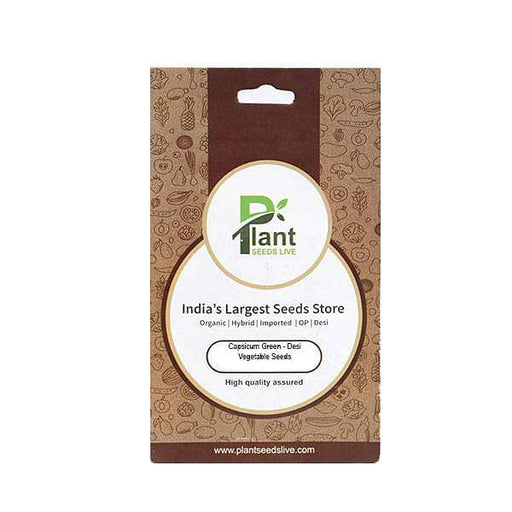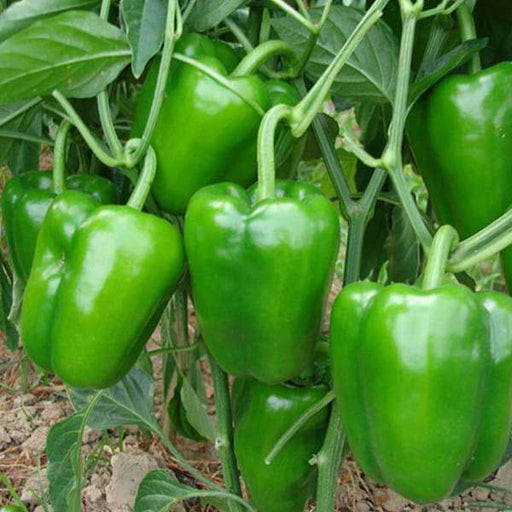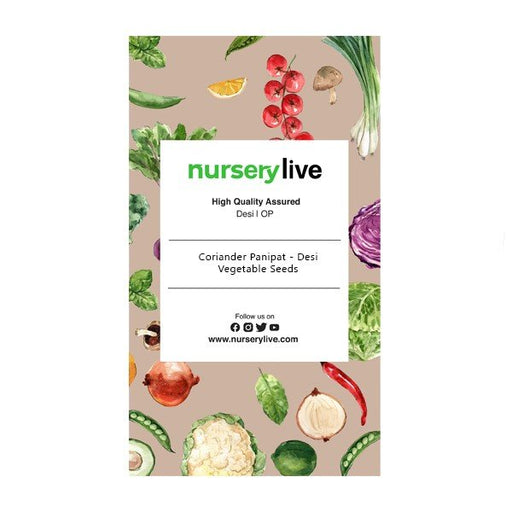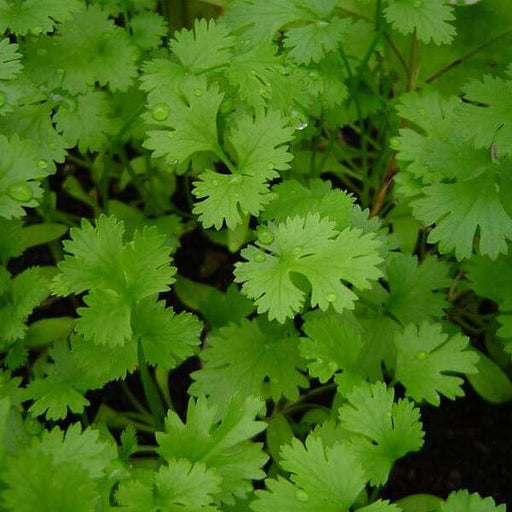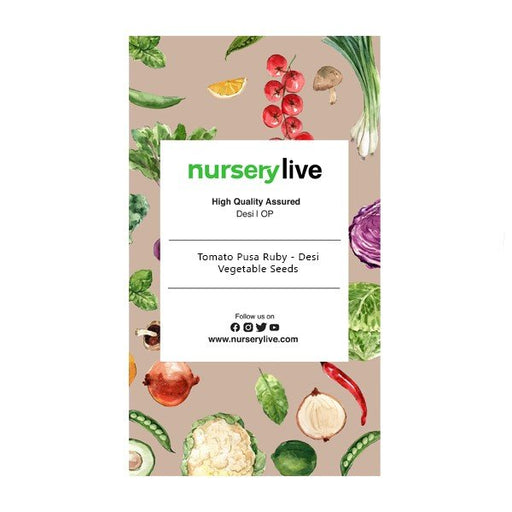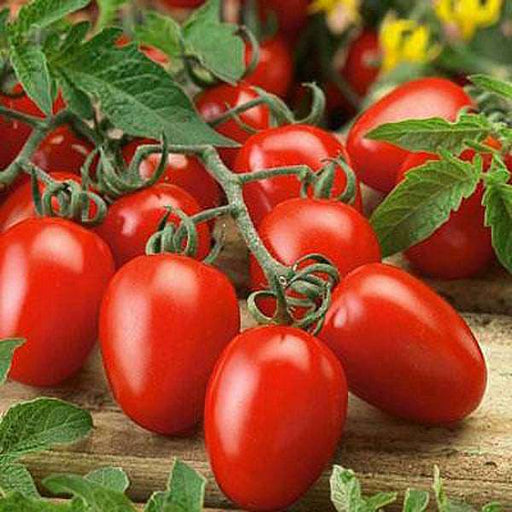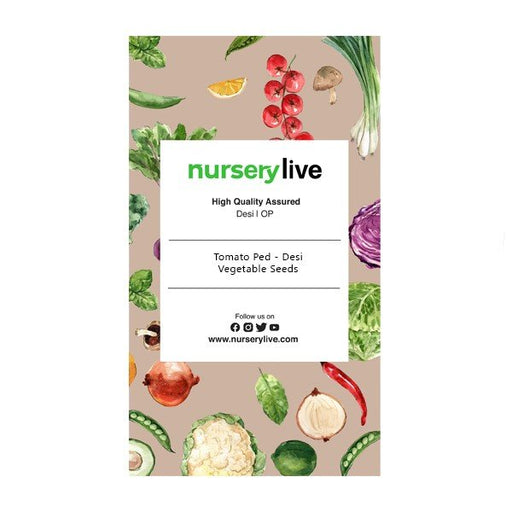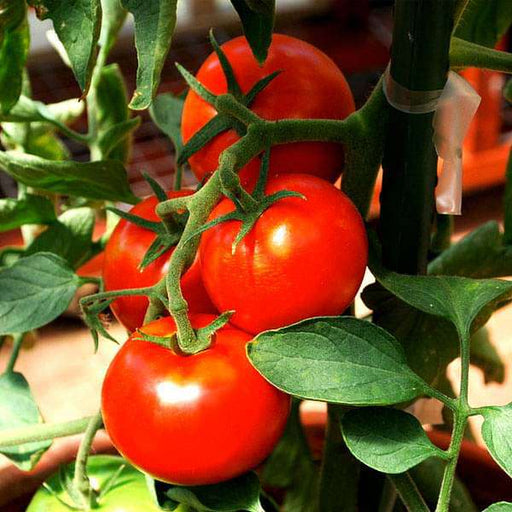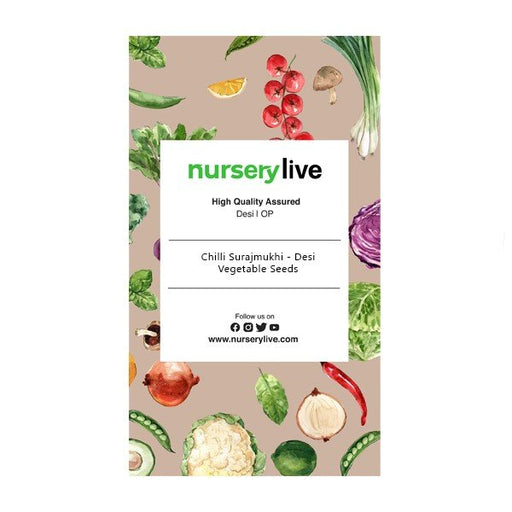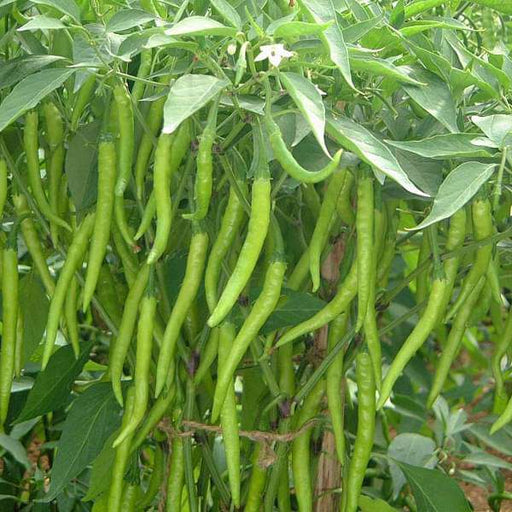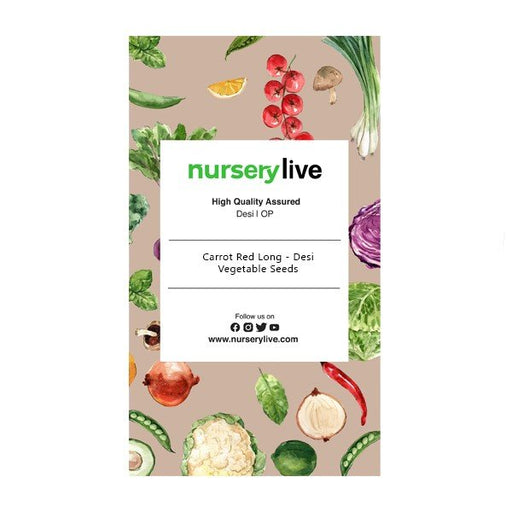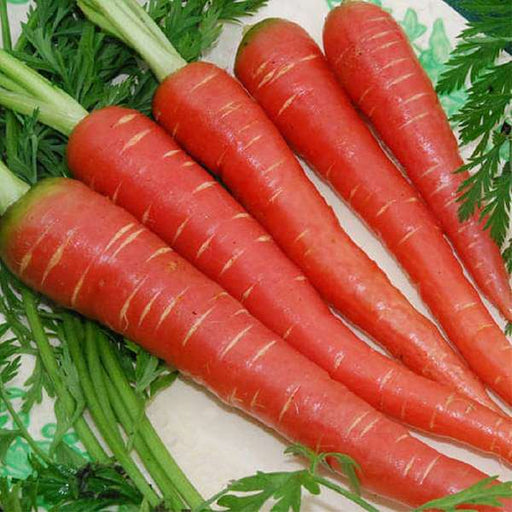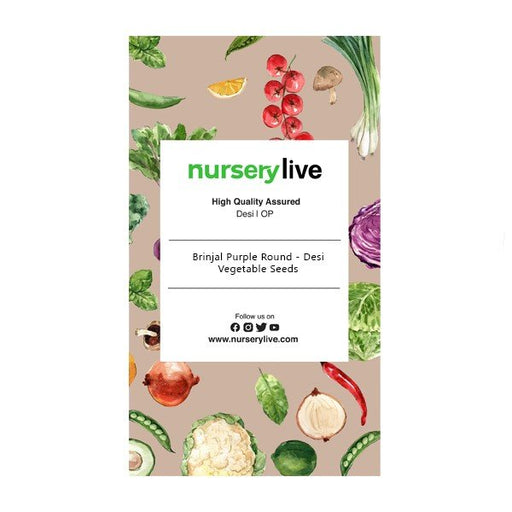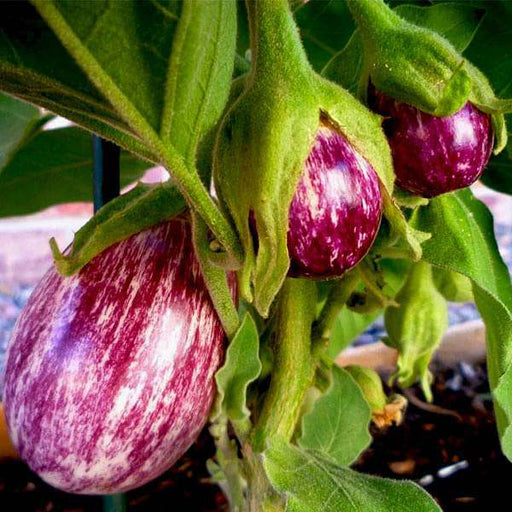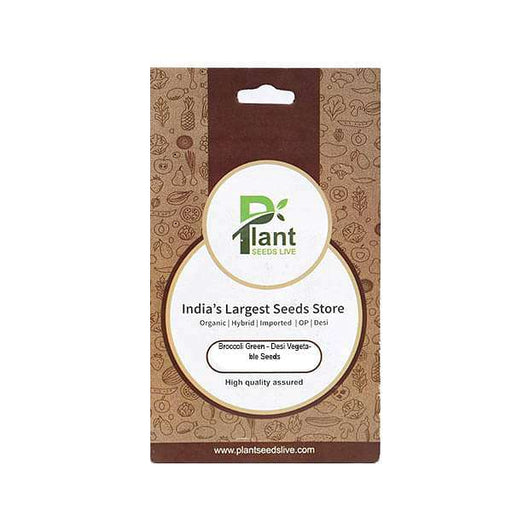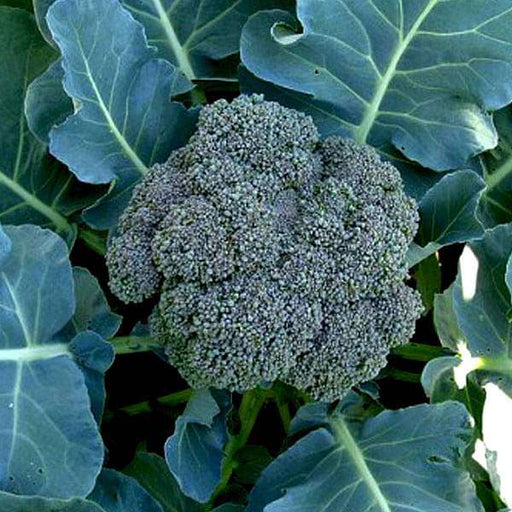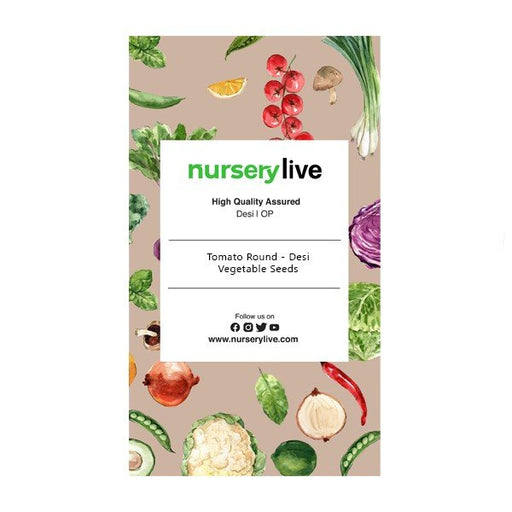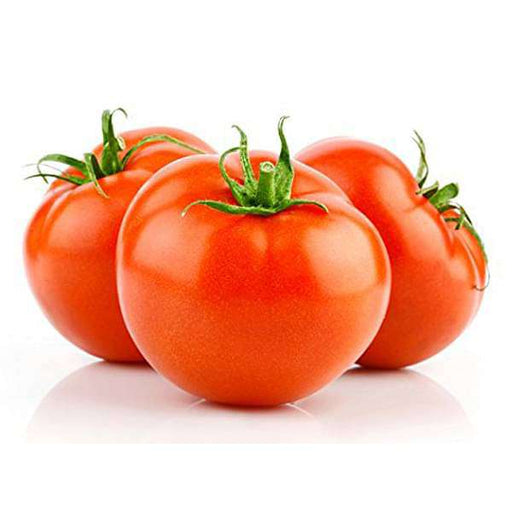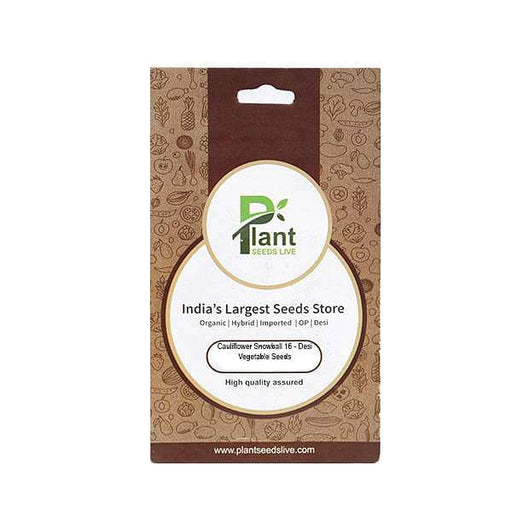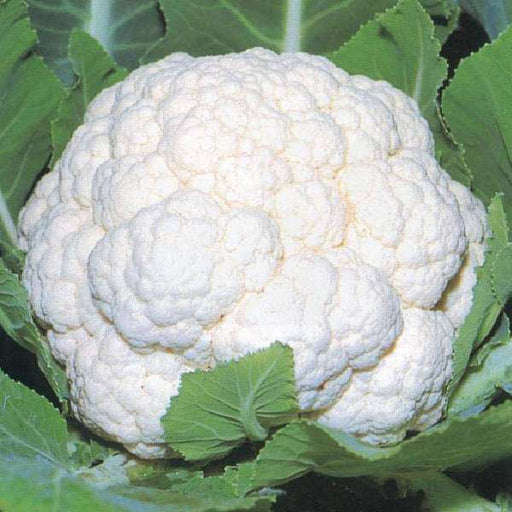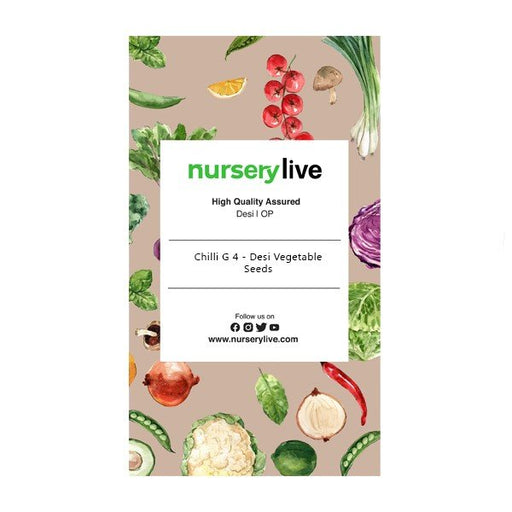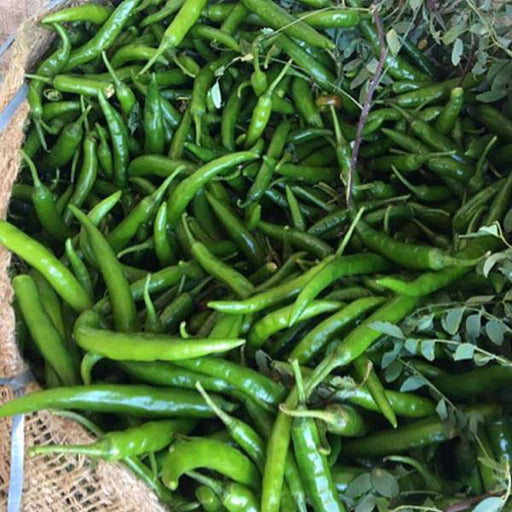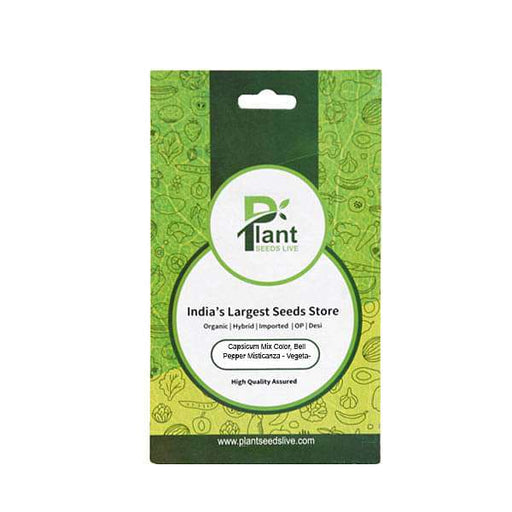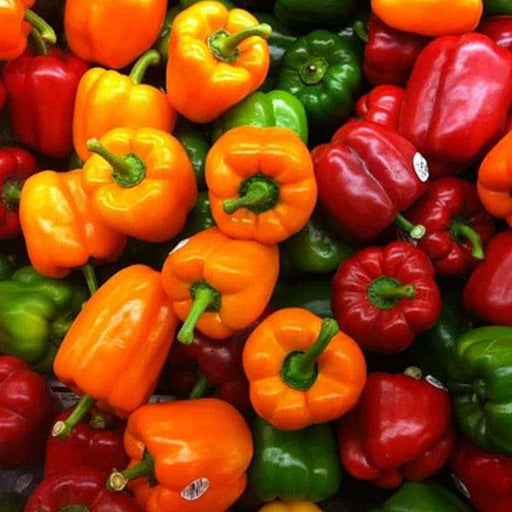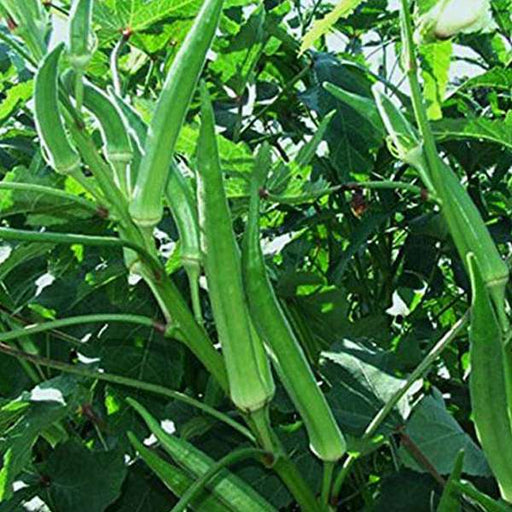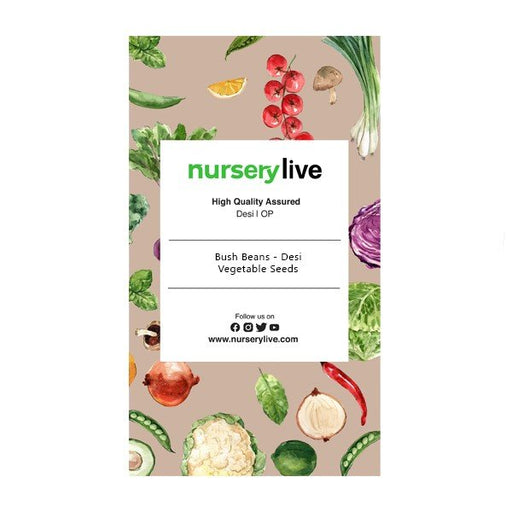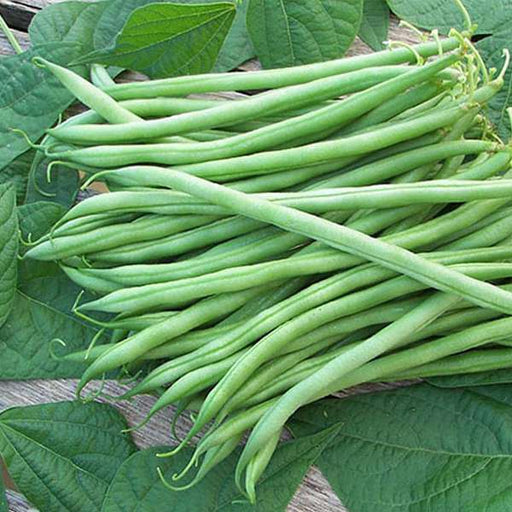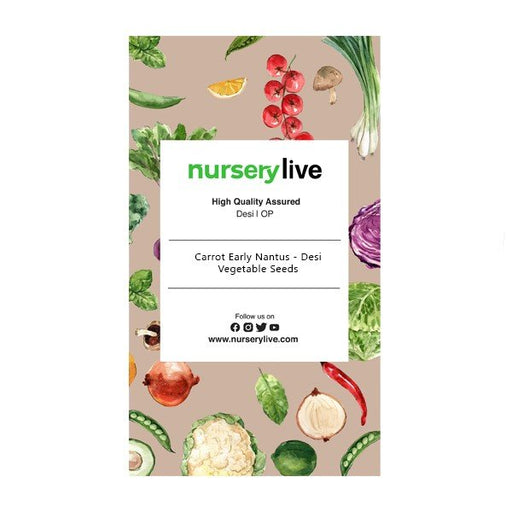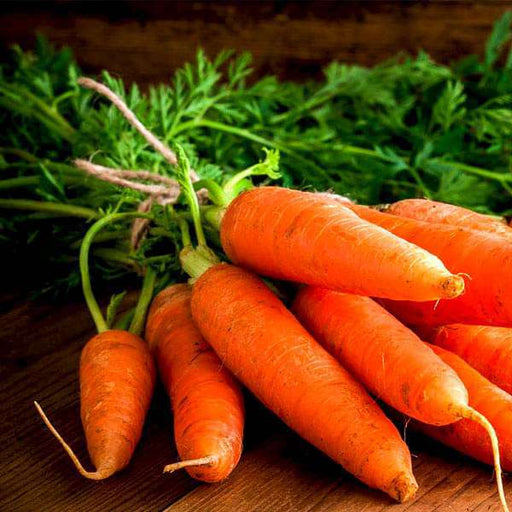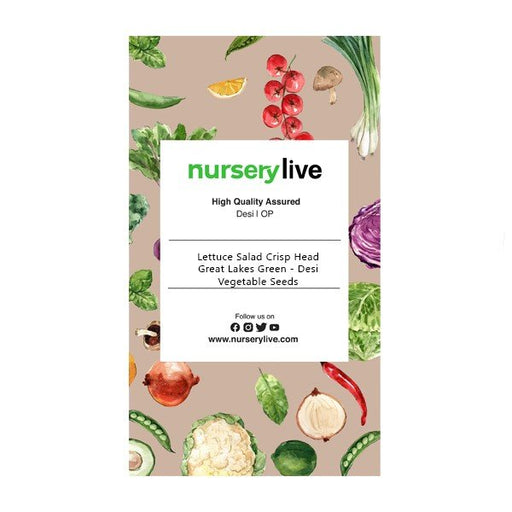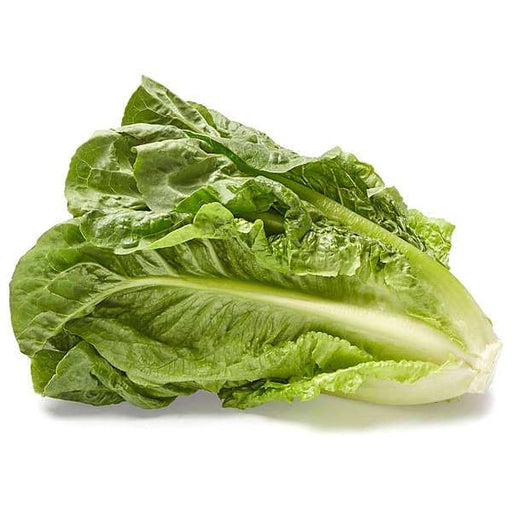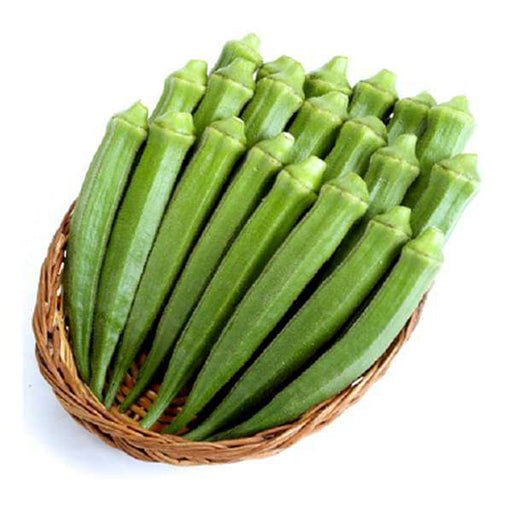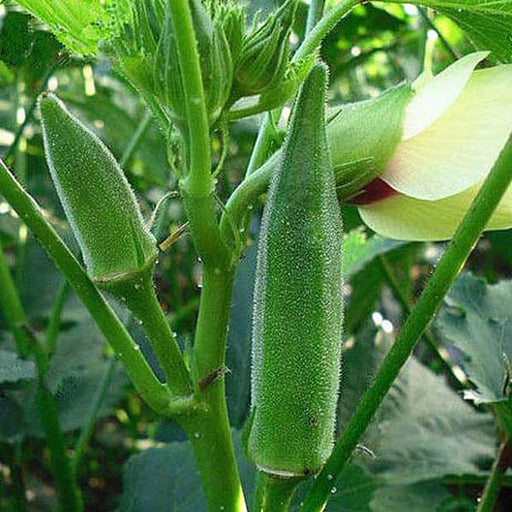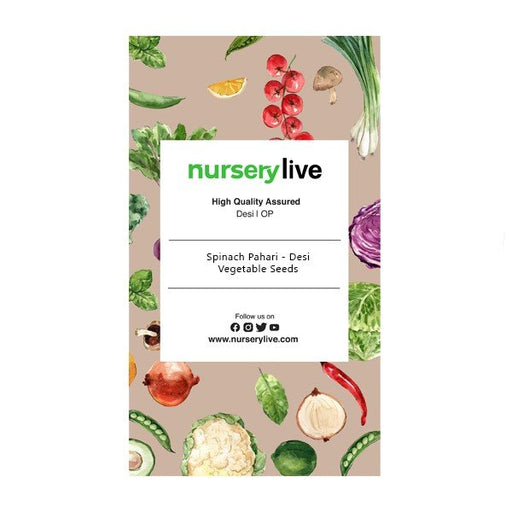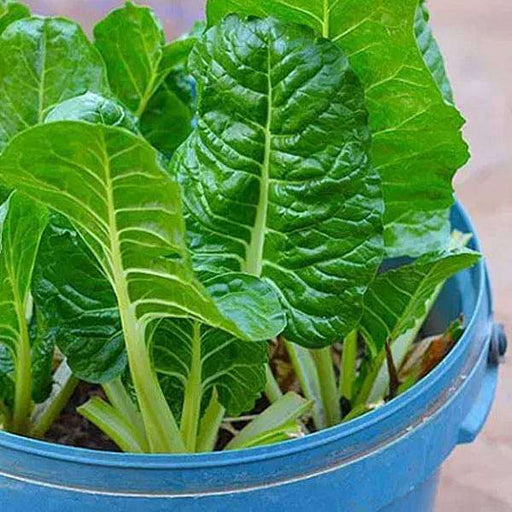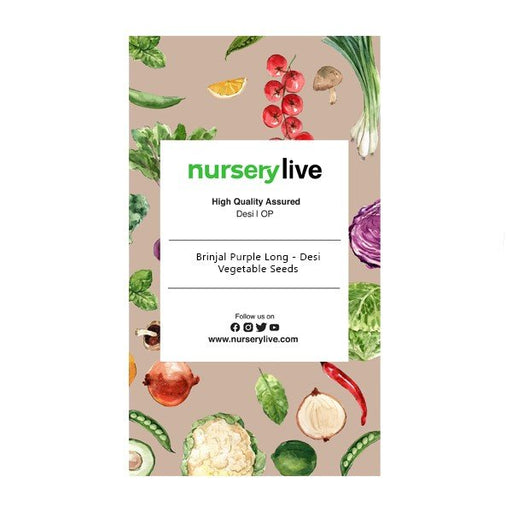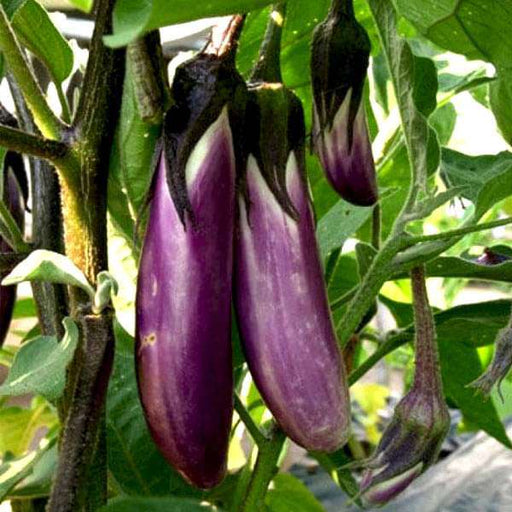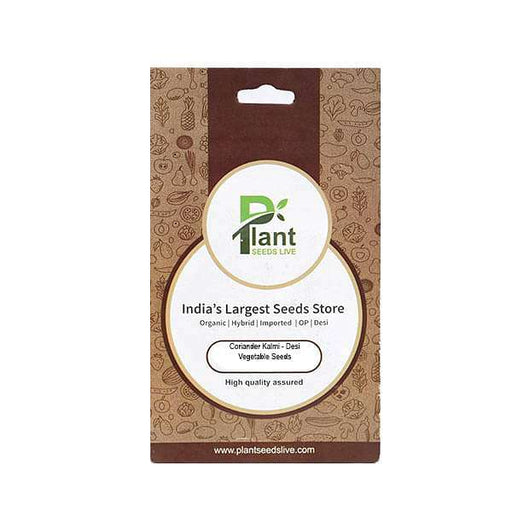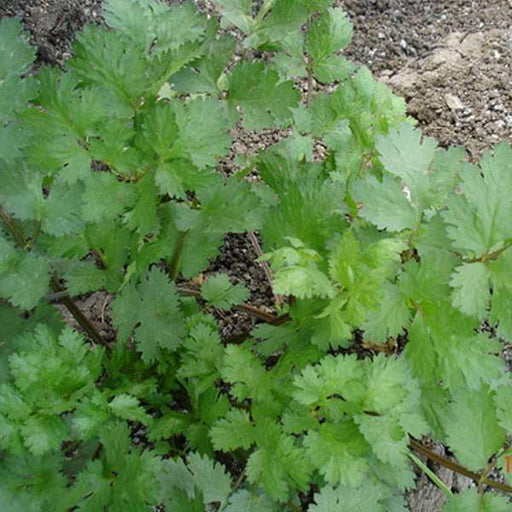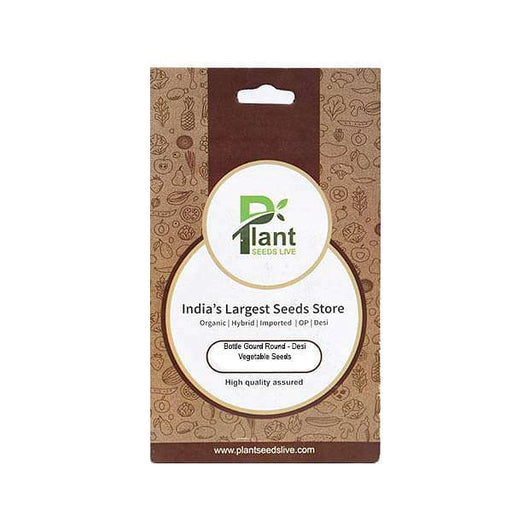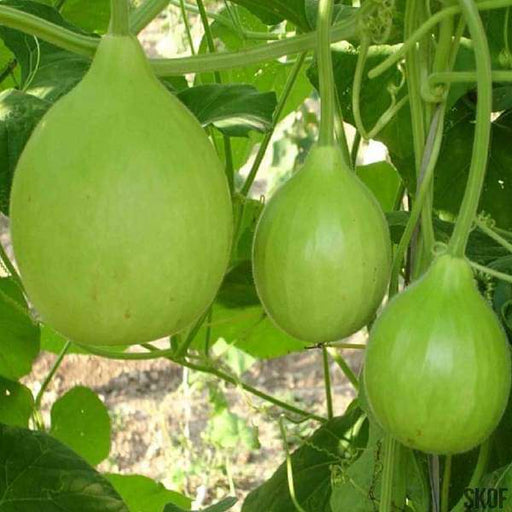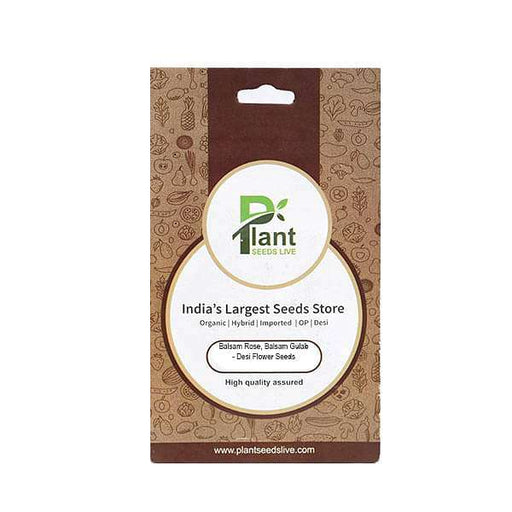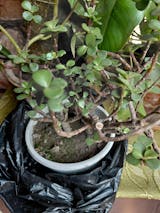The spiritual significance of the Rudraksha tree is profound. It’s believed that these trees are a gift from the gods
The secret to a happy elephant bush lies in its soil.
One of the standout features of Lemon Grass is its resilience and adaptability
Quality of the plat was average.The stem is bend and it didn't look healthy.
I received a nice large healthy plant. Delighted
Wrote an email to nursery live saying, not once but twice I have received wrong plant. They didn't bother to reply the second time. I have recieved swarna champa which I will have to donate to someone with a farm or a big independent house, as I stay on the second floor and can only grow anything in pots. Swarna/son champa grows 30ft tall. Hari champa can be grown in pots though but nurserylive neither sent me correct nor exchanged it the second time. No reply only..
So it's better to select exotic plants through nurserylive, as other common plants to my area were delivered decent. Expensive too all plants..
Elephant ear plant features large, dramatic leaves, adding a bold tropical touch to gardens, balconies, and indoor spaces effortlessly.
Mogra is a bit of a diva when it comes to growing conditions, but don’t worry;
Just when you think you’ve got your Peace Lily all figured out, p
Grow new plants from seeds or by dividing existing ones.
Pruning your Dizygotheca elegantissima is like giving it a stylish haircut
Ordered for this plant and got elephant bush....totally disappointed...this was my first purchase and I will never think of buying anything again. Also, I was about to tell my friends suggesting your page,now I could not even think of suggesting anybody purchasing from you
The succulents set had same kind of two succulents but not in good condition and other two you added same kind of cactus. I am highly disappointed this time. Written a mail to you guys but no response.
Indoor decoration: Perfect for homes, offices, and commercial spaces.
The neem plant is very useful, offering medicinal benefits, natural pest control, environmental protection, and improving overall human health sustainably.


